 Mildred Carr, 79, a horsewoman in her own right and widow of the late trainer Don Carr, passed away on Monday, November 13 in Arlington, Texas.
Mildred Carr, 79, a horsewoman in her own right and widow of the late trainer Don Carr, passed away on Monday, November 13 in Arlington, Texas.
Both Mildred and Don were from sturdy West Texas pioneer stock. Don was born in the Panhandle town of Paducah, near the Swenson Ranch, where his father and grandfather both worked, and 30 miles from the Four Sixes Ranch, where his uncle was foreman in the late 1930s. The summer that he turned 13, Don worked as hoodlum for the Four Sixes chuck wagon, but his first full-time job was on the Pitchfork Ranch, where he worked alongside Pine Johnson and Shorty Freeman.
Johnson went on to make his mark on Quarter Horse history with Poco Bueno, Poco Lena and Snipper W; Freeman rode Doc O’Lena into the record books; and Carr built a legacy with the offspring of War Leo and Hug Me Chick for Village Creek Ranch of Burleson, Texas.
Mildred was from the Panhandle town of Canyon, Texas. She and Don married in 1949 and soon moved to Orange, Texas, where Don worked for Edgar Brown, showing the cutting horse Buster Waggoner. Mildred also showed cutting horses, including Bar Maid, Bucks Bay, Brady Lady, and once, War Leo.
Nearly 15 years ago, when Don, who had been vice president of the National Cutting Horse Association for three terms in the 1970s, was about to be inducted into the NCHA Hall of Fame, my husband and I spent an evening visiting with the Carr’s in their Burleson home. Mildred showed me the high water, four poster bed she had insisted upon getting, after she had pulled the covers back on their old bed and found a six-foot snake coiled up on the bottom sheet.
Not that Mildred was “rattled” by snakes. She just didn’t like sharing her bed with them. Having grown up in Canyon, the daughter of Bill Eubanks, Mildred knew a lot about snakes, cattle, horses, drought and all that it takes to be a rancher’s wife and daughter.
“Her daddy was a tough old bird,” said Don of Mildred’s father. “It was during the winter, when he was 89, that he drove his tractor two miles from their place to feed the cattle, and one of those big metal feeders, the ones you use for round bales, fell on him and broke his arm. He was by himself, but he finally managed to climb back on the tractor and drive the two miles back home.
“When he got there, he couldn’t get down from the tractor. Mildred’s mother was taking a nap and he had to wait for her to wake up, and then he had to wait while she found someone to help get him out of the tractor.”
Eventually, Bill Eubanks was driven to town, where the local doctor set his arm and put it in a cast; two weeks later, he was back at the doctor’s office, demanding to have his cast removed. When, to no one’s surprise but Eubanks’, the doctor refused, the old man pleaded with his grandson, who also declined. Not to be deterred, Eubanks’ drove back to town and offered money to a farm hand, who was glad to oblige.
Later, Eubanks dryly noted, “Look what a sorry job that doctor did,” as he inspected his misshapened arm.
